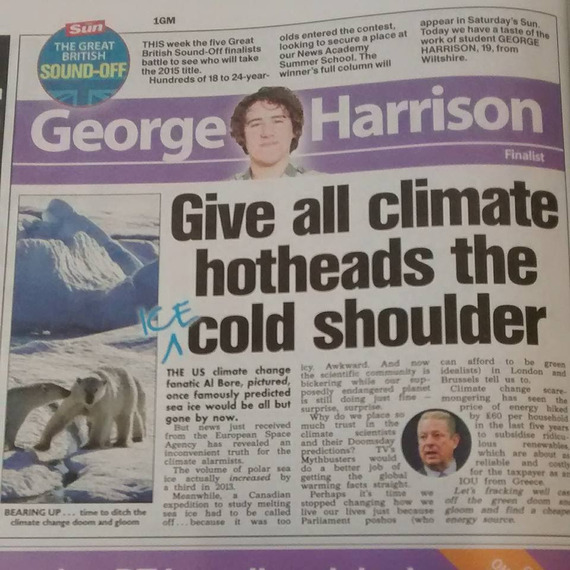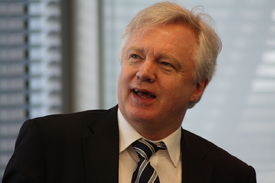A few days ago, there was a rather good article in the Conversation about fossil fuels and development. Written by Jonathan Symons, it covered themes that are favourites at BH, most notably that there is a trade-off between expanding access to electricity in the developing world and emissions targets:
...if the US Overseas Private Investment Corporation were allowed to invest in natural gas projects (not just renewables) it could roughly triple the number of people who gained electricity access from a US$10 billion investment. Whereas a renewables-only portfolio could supply 30 million people, natural gas could reach 90 million and generate around ten times as much electricity.
 The comments thread featured a series of critical responses from Andrew Glikson, an Australian geologist who has caught the eye before, most notably when he protested the willingness of an Australian theatre to put on a performance of Richard Bean's The Heretic. This earlier thread also bears looking at. The thrust of his comments can be summarised as "But climate", but they are worth looking at in more detail because Dr Glikson has some truly astonishing views:
The comments thread featured a series of critical responses from Andrew Glikson, an Australian geologist who has caught the eye before, most notably when he protested the willingness of an Australian theatre to put on a performance of Richard Bean's The Heretic. This earlier thread also bears looking at. The thrust of his comments can be summarised as "But climate", but they are worth looking at in more detail because Dr Glikson has some truly astonishing views:
A very large part of the poor populations referred to in the article live in low river valleys and delta prone to flooding extreme rainfall, torrents originating from mountain regions and sea level rise, as is the case of mega-floods in Pakistan, Bangladesh and low-lying islands, associated with climate change. The “option” of developing higher standards of living based on fossil fuels is therefore short sighted and no more than a Faustian bargain....
Click to read more ...
 Bishop Hill
Bishop Hill  Aug 26, 2015
Aug 26, 2015  Politicians
Politicians 











